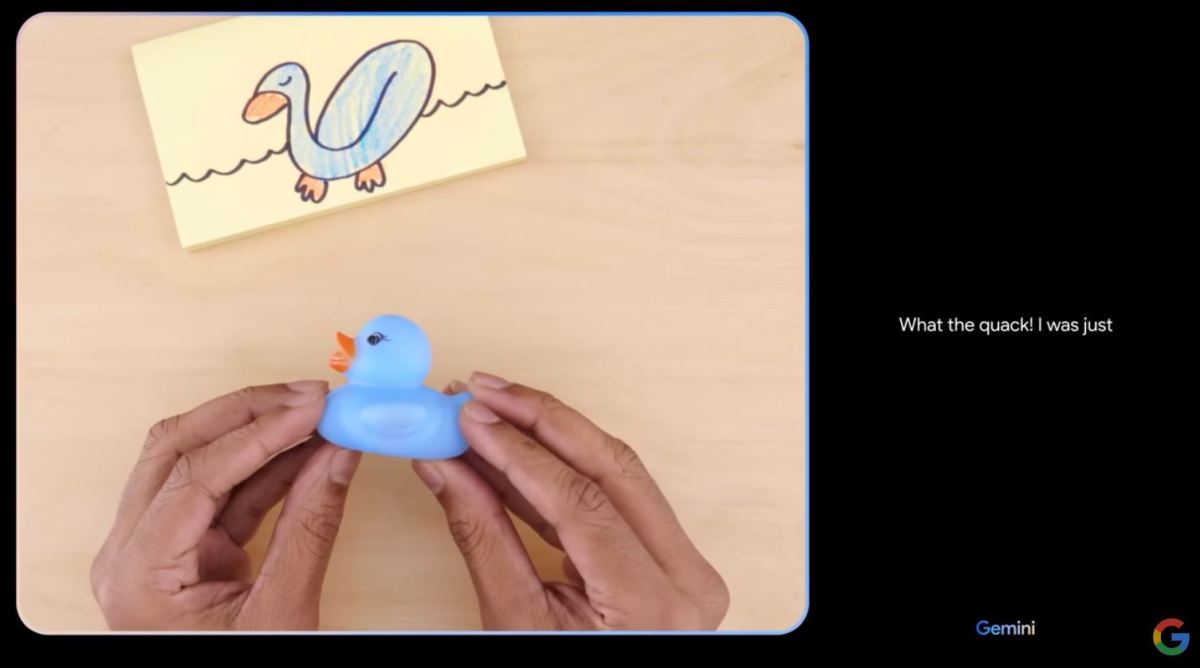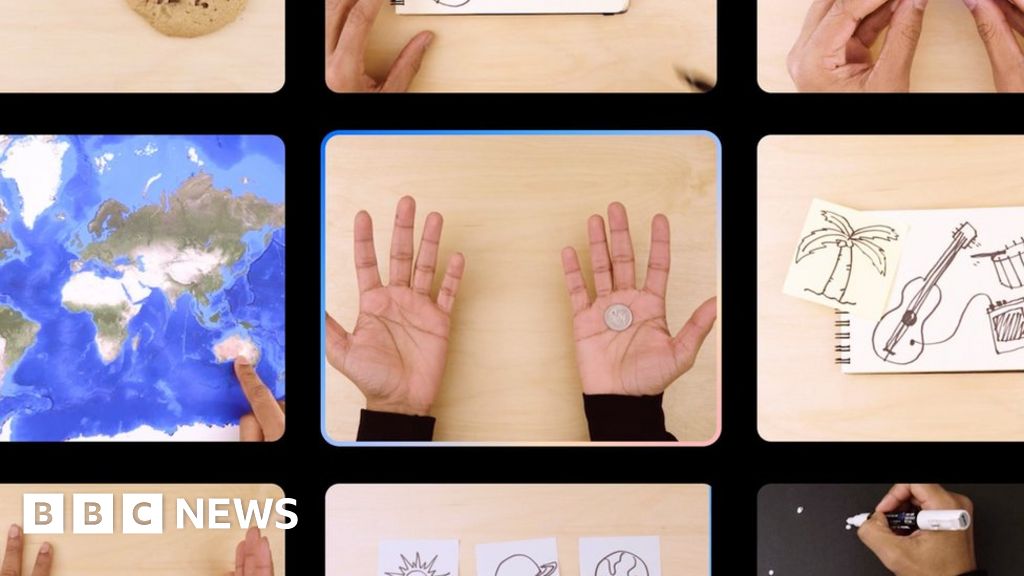
Google has recently admitted to staging a promotional video for its Gemini AI model, which has sparked controversy among AI experts and the general public. The video, which was intended to showcase the capabilities of Gemini, was not recorded in real-time as initially implied. Instead, it was constructed using still images and edited responses, a fact that was not disclosed in the video. This has led to accusations of deception and has raised concerns about the credibility of the company.
The video was released in the wake of a tumultuous period in the AI space, following the firing and subsequent rehiring of Sam Altman as CEO of OpenAI. It was intended to position Gemini as a rival to OpenAI's GPT-4. However, the discrepancies between the video and the actual capabilities of Gemini have left some feeling deceived.
While Gemini can generate the responses shown in the video, it did not do so live as implied. This misrepresentation of the model's capabilities has led to a backlash, with users reporting issues with Gemini's performance, including inaccuracies in code creation and responses to queries. Furthermore, it was revealed that the recognition demo likely used Gemini Ultra, a version of the model that is not yet available to the public.
Despite the controversy, Google's spokesperson and VP of Research have provided explanations for the discrepancies. However, the damage to the company's reputation may already be done, with many questioning the ethics of such a deceptive marketing strategy. As the dust settles, it remains to be seen how this incident will impact the future of Gemini and Google's standing in the AI space.




